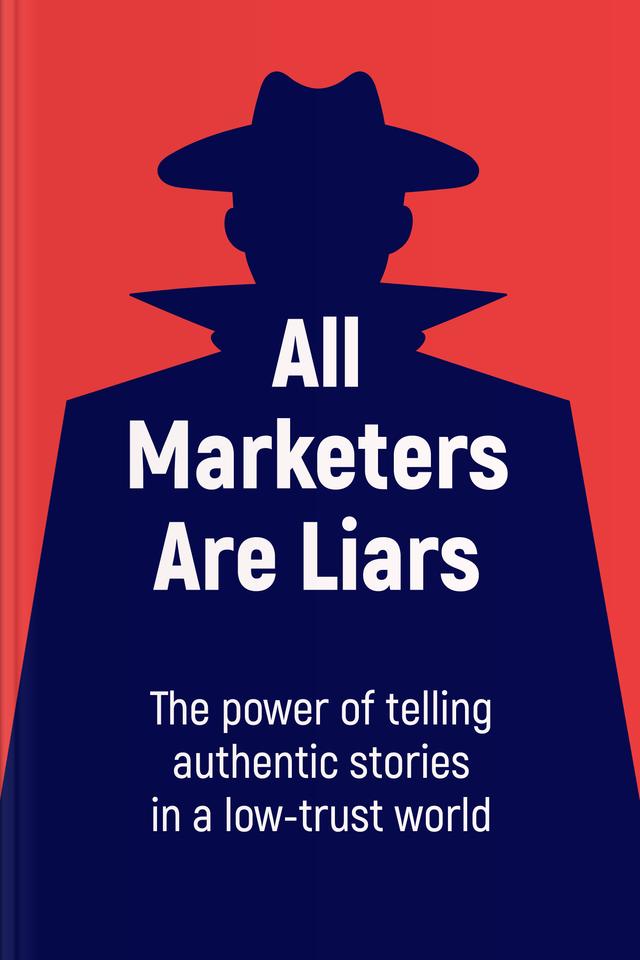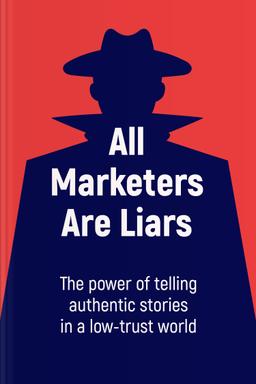You’ll learn
- How to align stories with biases
- The art of captivating through novelty
- How to tread the line between truth and lies in marketing
- About the first impressions' impact in sales
Protect the world’s peace. Donate to support Ukraine

first KEY POINT
Georg Riedel runs a family business making wine glasses, and his products are some of the most expensive in the world. The international success that Riedel’s company enjoys is mainly due to his ability to tell good stories. He says every type of wine has a unique message — taste and quality — and the way this message is delivered depends on the form of the glass out of which people drink it.Though Georg Riedel’s belief was met with skepticism by wine experts at first, his products are now the most sought-after in the world. Many critics in Europe and the U.S. have become Riedel’s best marketers because they can’t stop commenting on how much better wine tastes when served in the right glass compared to an ordinary kitchen glass. The same goes for millions of wine drinkers all over the world: nothing beats good chardonnay served in a proper Riedel glass.Does wine really taste better in Riedel’s glasses? Of course not. According to Seth Godin, unbiased scientific tests show that glasses do not give wines any special kick whatsoever. In fact, the only thing that makes wine taste better is nothing but marketing in the form of an expensive glass coupled with a great story.
The reason why marketing schemes like Riedel’s are a huge success is that people love stories. We understand the world around us and spread ideas through stories. So if you want to succeed as a marketer, you must be able to tell stories that people can readily believe in.In a similar vein, your profitability is determined by your ability to give people what they want. Humans can be very irrational most times, and no amount of fact can force them to change what they already accept to be the truth. So a great manager must be able to satisfy people’s wants, not their needs. You will not be lying to your customers, so to say, you will simply be selling them your genuine products or services based on the lies they already tell themselves — their preconceived notions.Read on to find out how you can discover what people want and effectively leverage the power of stories as a marketer.
second KEY POINT
We all want different things in life. And while every human desires to be healthy, happy, loved, and respected, we all take different paths to this final destination.As a marketer, you must understand that consumers see the world differently. They approach situations with certain preconceived notions usually shaped by their upbringing, life experiences, and the company they keep.A customer’s experience will influence their financial decisions and determine whether or not they’ll believe a story. For instance, if a client was disappointed with the product they got from a store some weeks ago, the next time they visit the store, they will have a different opinion than another client who has always had a great experience buying things there.

Continue reading with Headway app
Continue readingfirst KEY POINT
second KEY POINT
third KEY POINT
fourth KEY POINT
fifth KEY POINT